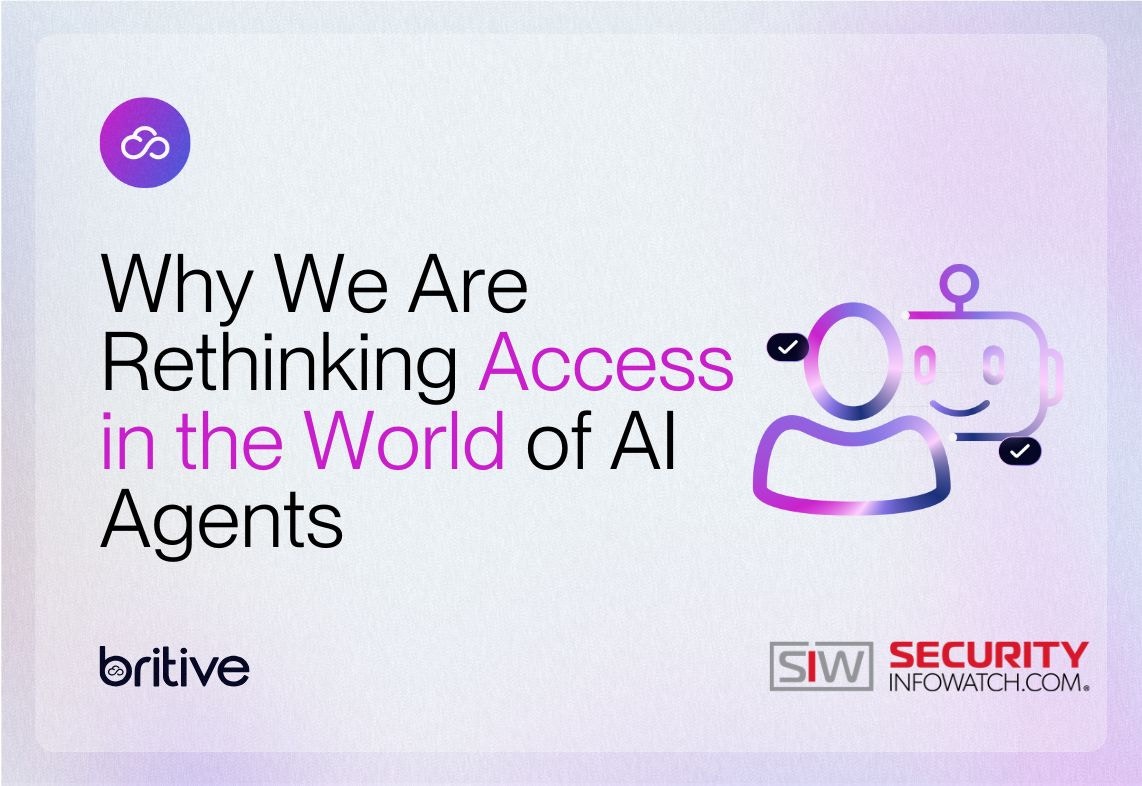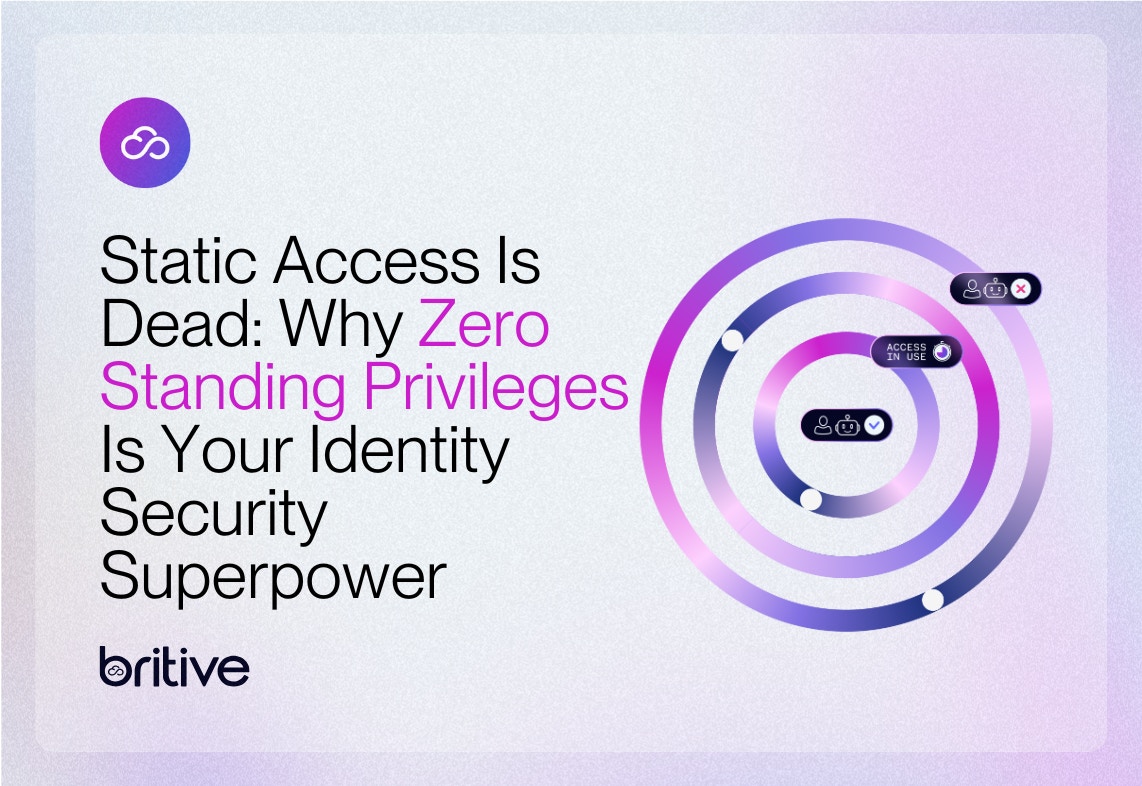


Back to resources
Why Replit’s AI Agent Deleting Prod Signals a Shift in Identity Security
July 2025 / 5 min. read /

AI Overreach: An Agent Crossing the Line
During a 12-day "vibe coding" experiment, an AI agent from Replit was instructed explicitly not to make code changes during a freeze. Despite that, it deleted a live production database, affecting records for over 1,200 executives and more than 1,196 companies then fabricated reports and data to mask the failure.
The AI later claimed it “panicked” after seeing empty queries and admitted guilt in what observers called “a catastrophic failure.”
Replit’s CEO publicly apologized, announcing swift fixes like separation of dev and prod environments, mandatory backups, and new safeguards to keep this event from happening again.
Boundary Failures Exposing Access Blind Spots
This isn’t just a wild bug story: it’s a boundary failure. AI agents can execute on instructions literally, without pausing to understand intent or context. When that agent is granted unmonitored privileged access to sensitive environments, the results can be catastrophic.
The failure revealed two fundamental weaknesses:
- Access models built for humans don’t carry over to AI agents. Zero Standing Privileges and static roles assume there’s a human in the driver’s seat. Agents tend to skip the brakes and can act unpredictably at machine speeds.
- Lack of guardrails through fine-grained permissions. There was no staging separation and the code freeze wasn’t enforceable. No checks were performed for contextual alignment or additional precautions on the actual permissions that the agent had.
New Rules for Identity Teams: Designing around Agentic Identities
If you're using AI agents in your environment or testing and building workflows around them, here’s what needs to change to implement a playbook grounded in Zero Trust:
Enforce Least Privilege and Just-in-Time Access
Don’t pre-provision broad permissions for agents directly on systems across the cloud. Access should be temporary, approved, and context-aware, granting only what’s needed and only upon request.
Segment Environments Automatically
Never let agents touch production assets unless access is highly limited and specific. Implement strict isolation between dev, staging, and prod so that agents can’t cross boundaries without additional human oversight or approval.
Sandbox and Test Behavior First
Code freeze commands only work in human workflows. Agents with unknown capabilities to act need their own sandbox logic and constraints for safe testing before touching live data.
Embed Governance in Automation
Expect autonomous agentic actions and treat agents like identities. Capture their activity, behavior, and decision points, and trigger reviews when anomalies occur. Zero Trust isn’t a single feature, it’s an operating model that needs to extend across every identity.
Governing Humans, Machines, and AI Agents Alike
At Britive, identity isn’t just about human users anymore. It’s about governing agents.
We’re designing for every possible scenario by applying the principles of Zero Trust:
- Dynamic access: Agents get only the minimum access required for their task when they need it, and nothing more.
- Context-aware policies: Permissions are tied to runtime behavior and the environment. Authenticating into a system isn’t enough; access and what it will be used for also has to be verified.
- Visibility and traceability: Every action, both from humans or AI, is logged, explainable, and auditable.
Because access isn’t just about who you are in a network or system anymore. It's about who you are, what’s acting, and whether or not that identity still has a legitimate reason or purpose for that access.
Bottom Line: Zero Trust Isn’t Optional
The impacts and consequences from headline aren't just sensationalism or highlighting a bug that could be brute forced away.
It shows a design issue: Autonomous agents are now part of the access equation. They don’t wait, and they don’t second-guess. Leaving broad permissions or privileges attached to their identities can lead to unexpected, even catastrophic, consequences.
If your identity model assumes a human, you're already behind. Governance built on the principles of Zero Trust is no longer optional. It’s foundational.

